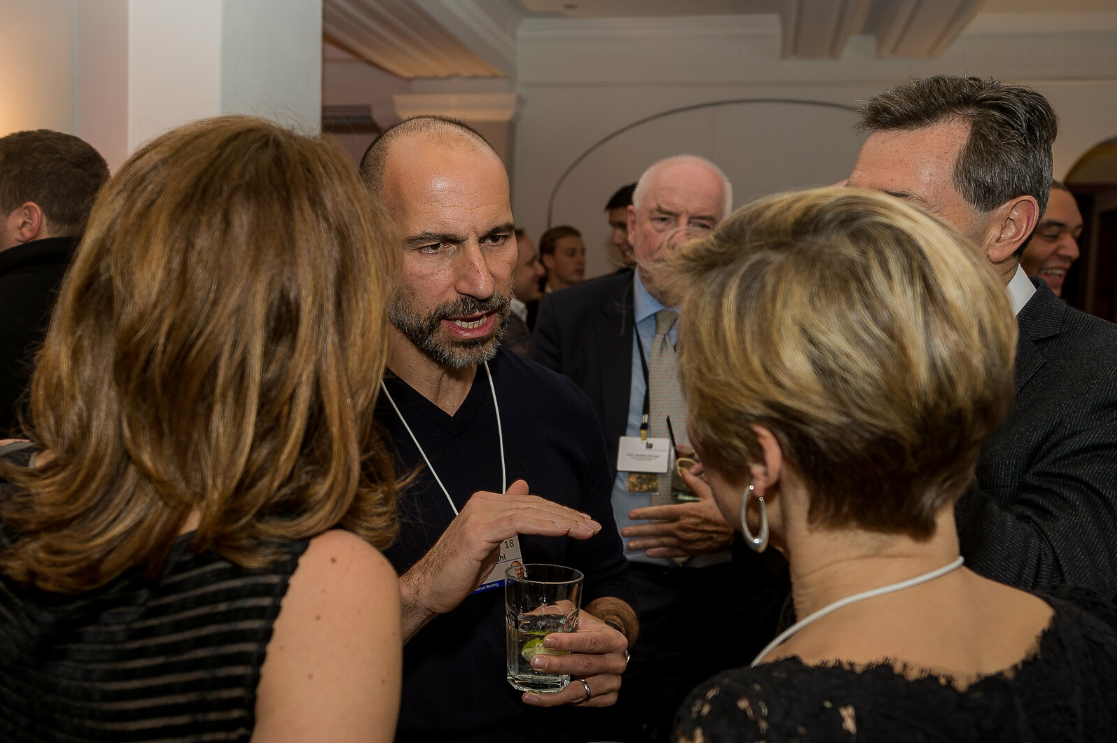 EMERGING TECH
EMERGING TECH
 EMERGING TECH
EMERGING TECH
 EMERGING TECH
EMERGING TECH
Updated:
Uber Technologies Inc. reported a $1.034 billion loss Thursday as the company presented its first quarterly financial report following its initial public offering.
In the first quarter, Uber reported revenue of $3.09 billion, up 20% over the same period of 2018 and slightly ahead of analysts’ predictions of $3.08 billion. Revenue growth was driven by an increase in gross bookings, up 34% year-on-year.
Uber’s loss of just over $1 billion was equal to $2.26 per diluted share, higher than expected with analysts having predicted a much smaller figure of $1.46 per share. The loss was also 116% bigger than Uber’s loss of $478 million a year ago.
The loss before interest, taxes, depreciation and amortization came to $869 million, way up from $280 million a year ago. The increased losses were attributed by Uber to competitive pressures in the ride-sharing market and the cost of signing up drivers and paying restaurants, the latter referring to Uber Eats, Uber’s food delivery business.
There were some strong positives in the financials, with Uber Eats revenue increasing to $239 million, up 31% over the same quarter last year.
Chief Executive Officer Dara Khosrowshahi (pictured) also talked up Uber Eats, saying in an investor call that the division has the potential to grow significantly and even suggested that it may have the potential to eventually overtake ride-hailing. While ambitious, Uber Eats still has a long way to go, with the division only accounting for 7.8% of Uber’s net revenue.
“In the first quarter, engagement across our platform was higher than ever, with an average of 17 million trips per day and an annualized gross bookings run-rate of $59 billion,” Khosrowshahi said in a statement. “Our global reach continues to be an important differentiator and we maintained leadership of the ridesharing category in every region we serve.”
While boasting that it continues to be the leader in the markets it operates, Uber reported its revenue dropped 13% in Latin America during the quarter. The drop came off the back of increased competition primarily from China’s Didi Chuxing Technology Co. Ltd., which has been rapidly expanding into the region. Uber owns a 15.4% stake in Didi Chuxing after selling its China business to the company in 2016.
Investors seemed to be somewhat ambivalent about the results as Uber’s share price, which had dropped 0.25% in regular trading, rose 1.8% in after-hours trading, to $40.50. Update: On a down day for the markets Friday, Uber’s shares rose more than 1.5%.
Notably, that share price is still below Uber’s IPO price of $42 per share. Uber’s share price has struggled since its debut, dropping as low as $37.10 on May 13 before recovering somewhat into a trading range mostly between $40 and $42.
Support our mission to keep content open and free by engaging with theCUBE community. Join theCUBE’s Alumni Trust Network, where technology leaders connect, share intelligence and create opportunities.
Founded by tech visionaries John Furrier and Dave Vellante, SiliconANGLE Media has built a dynamic ecosystem of industry-leading digital media brands that reach 15+ million elite tech professionals. Our new proprietary theCUBE AI Video Cloud is breaking ground in audience interaction, leveraging theCUBEai.com neural network to help technology companies make data-driven decisions and stay at the forefront of industry conversations.